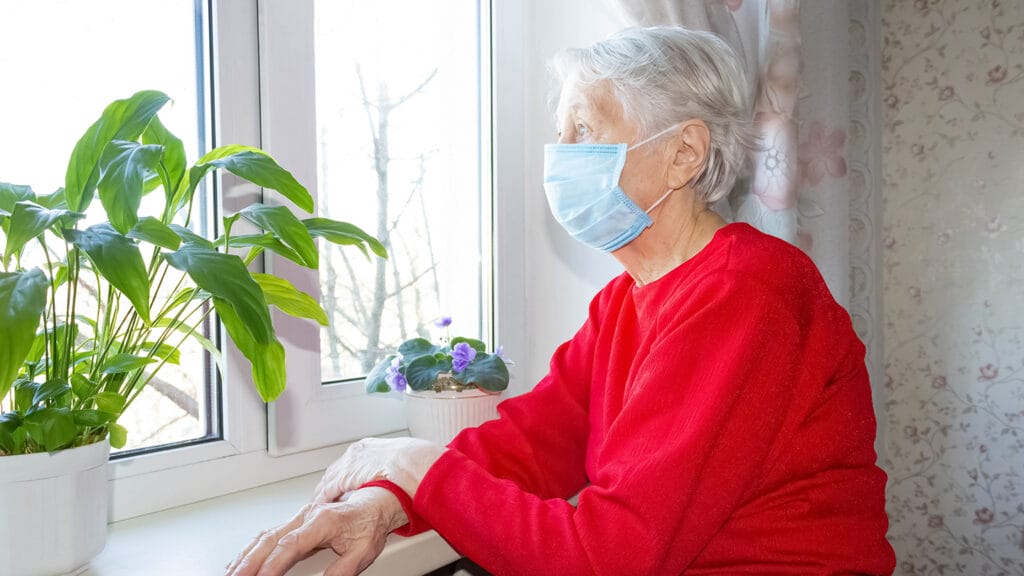Most discussion of COVID-19 has focused on hospitals, but as inpatient beds became scarce and people sought other options for care, home health has risen to the challenge, underscoring the benefits it brings and highlighting the important role this industry segment will play in the future.
Growth in home care services
The demand for quality home care services is expected to grow substantially over the next decade. According to LongTermCare.gov, almost 70 % of Americans turning 65 today are expected to need extended services and support at some point, and about 20% will need care for more than five years.[i]
While home health mainly serves the elderly population through referrals from hospitals or a physician, there has been a recent, marked shift to a younger population of people in their 40s and 50s using these services. As more surgical procedures are performed in outpatient settings, home health provides the follow-up care that would previously have been part of a hospital stay. And again, COVID has played a role in creating a patient population that benefitted from in-home treatment for COVID or post-COVID symptoms.
Knowing the patient best
Home health clinicians must earn a patient’s trust and manage family dynamics by expertly combining clinical skills and flexibility with humility and critical thinking. The result is that they are armed with the latest and most important information about the patient.
Home health clinicians also are often relied on to make the transition to hospice, palliative programs or skilled nursing care an easier and more efficient process. Therefore, they are often considered the most important resource for physicians, and other frontline professionals on a patient’s health care team.
A safer place to heal
In addition to providing skilled clinical services, home health agencies can provide support to handle a variety of tasks that include assisting with medications, meal preparation, cleaning and bathing, dressing, exercise and other daily activities — all of which play a crucial role for the long-term care and well-being of the patient.
In-home health services allow adults who need daily assistance to access it where they are most comfortable. It also removes people from the acute care setting where they have a greater risk of infection from COVID-19 or other illnesses, or where capacity limits may exist.
Certified care
All home health agencies must be certified through the Centers for Medicare and Medicaid Services (CMS) and their state. A survey for Medicare certification must come from a CMS-approved accreditation organization (AO) or the state agency. Most often, an AO is the timelier option and some states also accept an accreditation survey in lieu of a state licensure survey.
Agencies also can add certain distinctions for specialty services. For example, the industry has seen a dramatic increase in telehealth platform use in response to COVID-19. Accreditation Commission for Health Care (ACHC) offers a Distinction in Telehealth designation for care providers who use connected health platforms for home health.
Innovation catalyst
The pandemic has served as an innovation catalyst for the burgeoning home care industry and has spotlighted its importance in the healthcare continuum. Home health care will likely only continue to grow as millions of aging Americans require long-term care and as younger individuals realize the many benefits of healing at home.
Susan Mills is senior program director for the Accreditation Commission for Health Care (ACHC), overseeing ACHC’s ambulatory care, assisted living, behavioral health, home health, home infusion therapy, hospice, palliative care, private duty, and renal dialysis programs. ACHC is a nonprofit healthcare accrediting organization with over 30 years of experience promoting safe, quality patient care. Email her at [email protected]. For more information about ACHC, visit www.achc.org.
[i] LongTermCare.Gov, “How Much Care Will You Need,” February 2020



